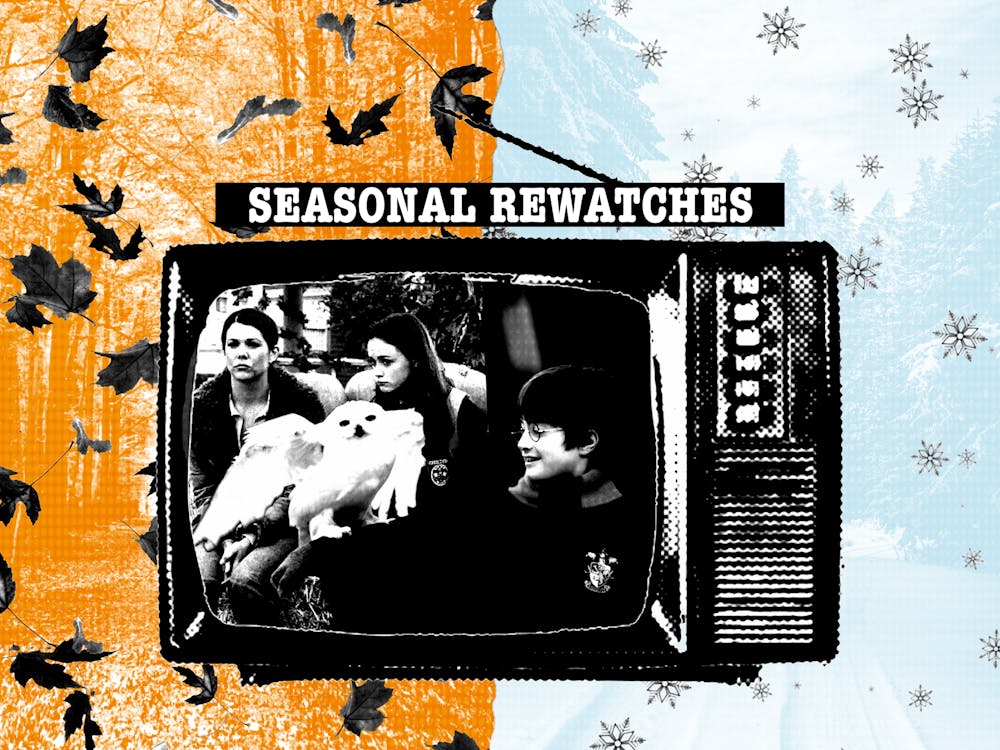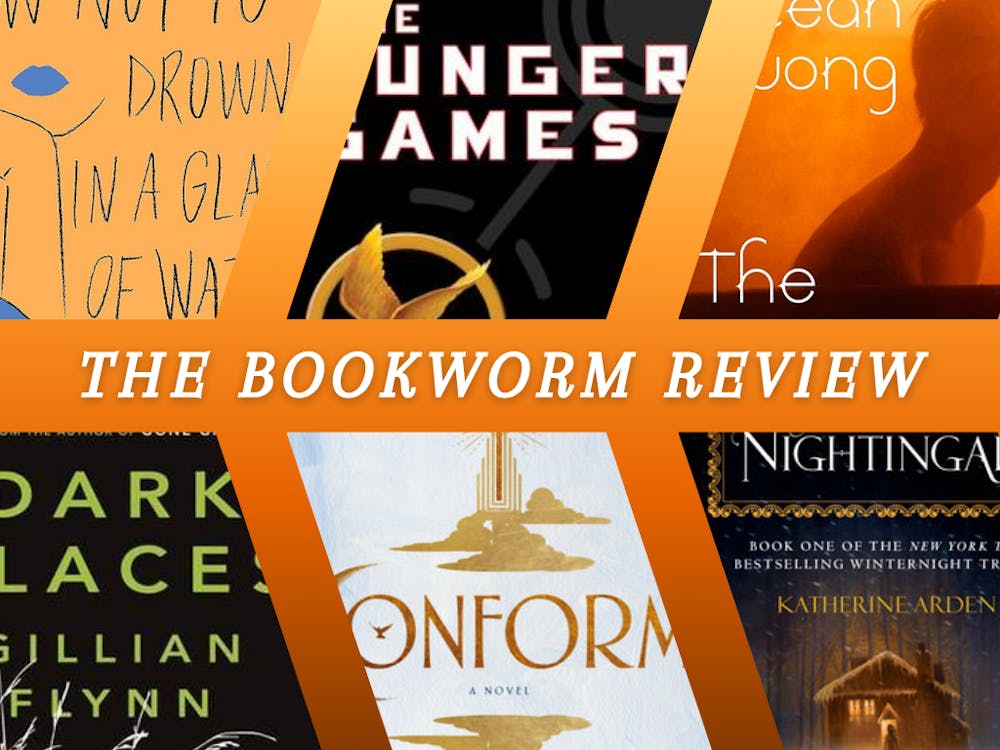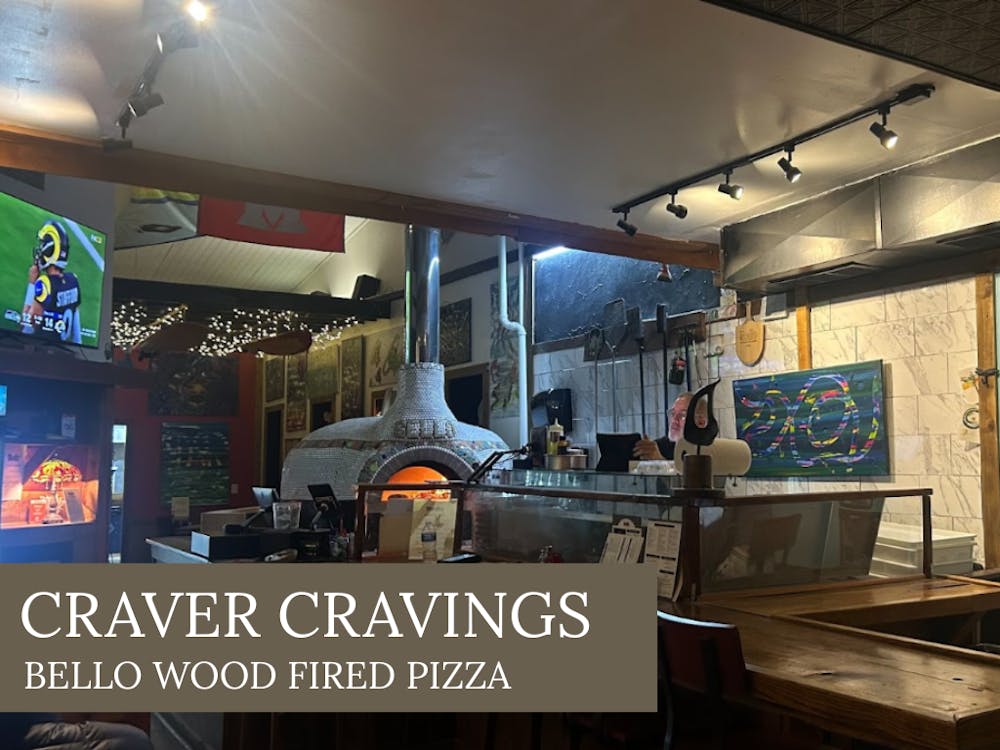On Nov. 5, the Farmer School of Business finished up its Executive Speaker series, which normally features executives of large corporations that serve as role models for the future business leaders of America.
The last installment in the series brought a different kind of speaker — four of them, actually, all associated with a small bank that was targeted during the 2008 financial crisis.
“Abacus: Small Enough to Jail” is a 2017 documentary that chronicles the story of the charges against and subsequent trial of Abacus Federal Savings Bank, a family-owned business that supports Chinese immigrants by helping them secure loans and start their own businesses in New York City’s Chinatown. The documentary was nominated for an Academy Award in 2018 and was produced in part by Mark Mitten, a Miami alum.
The panel featured Mitten as one of its speakers. He explained how the idea for a documentary was formed after hearing about the charges against Abacus.
“I did a little research to find out if any other bank had been indicted as part of the 2008 crisis,” he said. “Then the lightning bolt hit, which was that no other bank had ever been indicted.”
Abacus was charged with mortgage fraud due to customer ambiguities on subjects such as the difference between a gift and a loan, as well as discrepancies between using official and unofficial names when borrowing money. While these were technically illegal, Abacus borrowers consistently paid back the loans, something that does not happen with intentional mortgage fraud. Despite these facts, Abacus was subjected to a five-year legal battle that it won in the end.
Jill Sung,the CEO of Abacus, was one of the speakers at the panel. She described the absurdity of the charges against the bank made by New York district attorney Cyrus Vance Jr.
“It was almost as if [Vance] was like ‘Aha! There’s something wrong and I am the one to tell you that … in a year’s time that something will go wrong,’' she said. “We found out that, legally, that was not right.”
After the trial, Abacus was found not guilty on all 80 charges brought against it.
Chanterelle Sung, another speaker, was an assistant district attorney at the very office that prosecuted her family’s bank. In the panel, she described how the incident put strain on her family, but ultimately united them under the common cause of finding justice for the bank.
“I would say that the trial itself was the point at which we all came together,” she said. “When something like this happened, it was a time that we all knew that we had to come together. Whatever our priorities were at that given time, this became our priority.”
Vera Sung is a director of the bank and the fourth speaker on the panel. She talked about how situations like the one that Abacus dealt with were more common than many would think.
Enjoy what you're reading?
Signup for our newsletter
“All of these themes — big business versus small business, bias and racism —are universal. Most people don’t win these cases and justice is not had,” she said. “Sadly enough, justice is what you can afford.”
The panel was filled with these fresh insights and reflections on the documentary and featured questions from students taking business law and ethics classes.
While the Sung sisters talked about the documentary and its effect upon their lives and careers, they also talked about the effect of COVID-19 on the bank.
“There are already some more regulations on small banks [since the 2008 crisis],” Jill Sung said. “I’m concerned that small businesses and small customers have been under so much pressure and so many restrictions that I’m concerned that this crisis will really disrupt what has been happening with these groups.”
Senior finance and business major Hannah Dove, who helped organize the event, explained that the panel helped her realize discrimination on the basis of company size and race were still relevant issues in today’s workplace.
“In ethics, we talk a lot about discrimination and racism in the workplace, but hearing their firsthand experience of how their small family bank was targeted, to see that it was actually a real thing, gives you a new perspective on things,” she said.
The “Small Enough to Jail” panel is still available for viewing on the Miami University Alumni Association’s Youtube channel. The documentary “Abacus: Small Enough to Jail” can be viewed for free on the PBS website.



